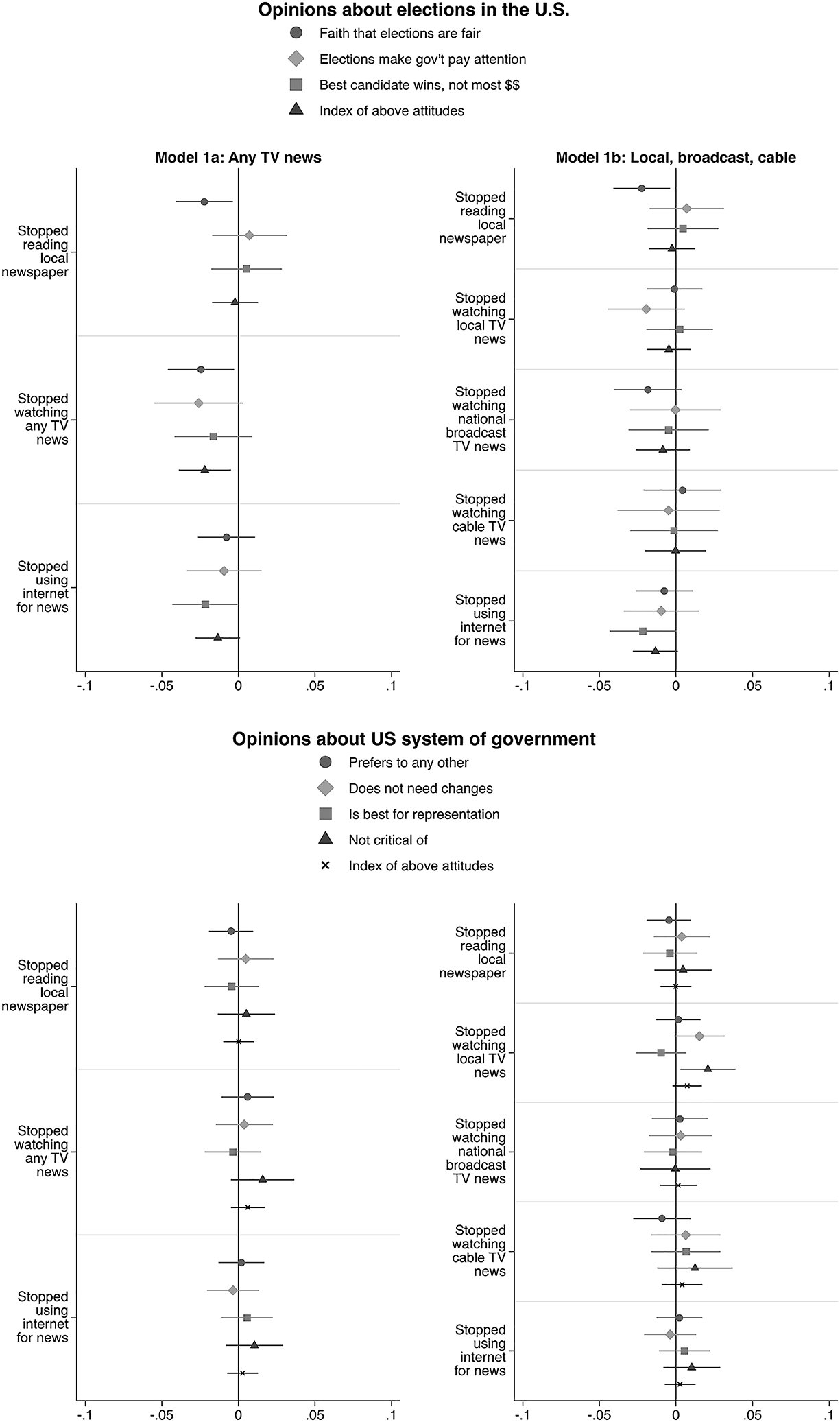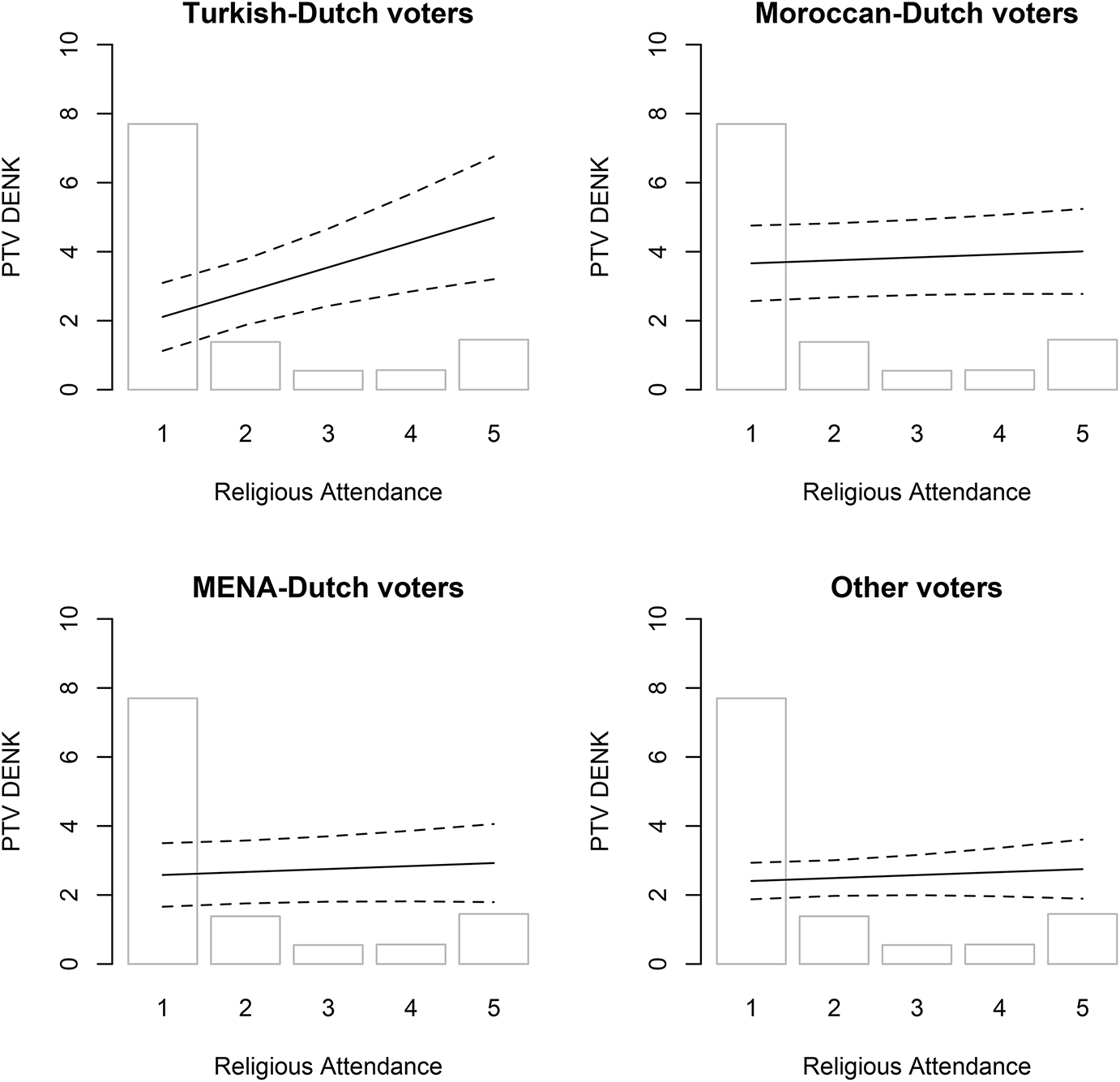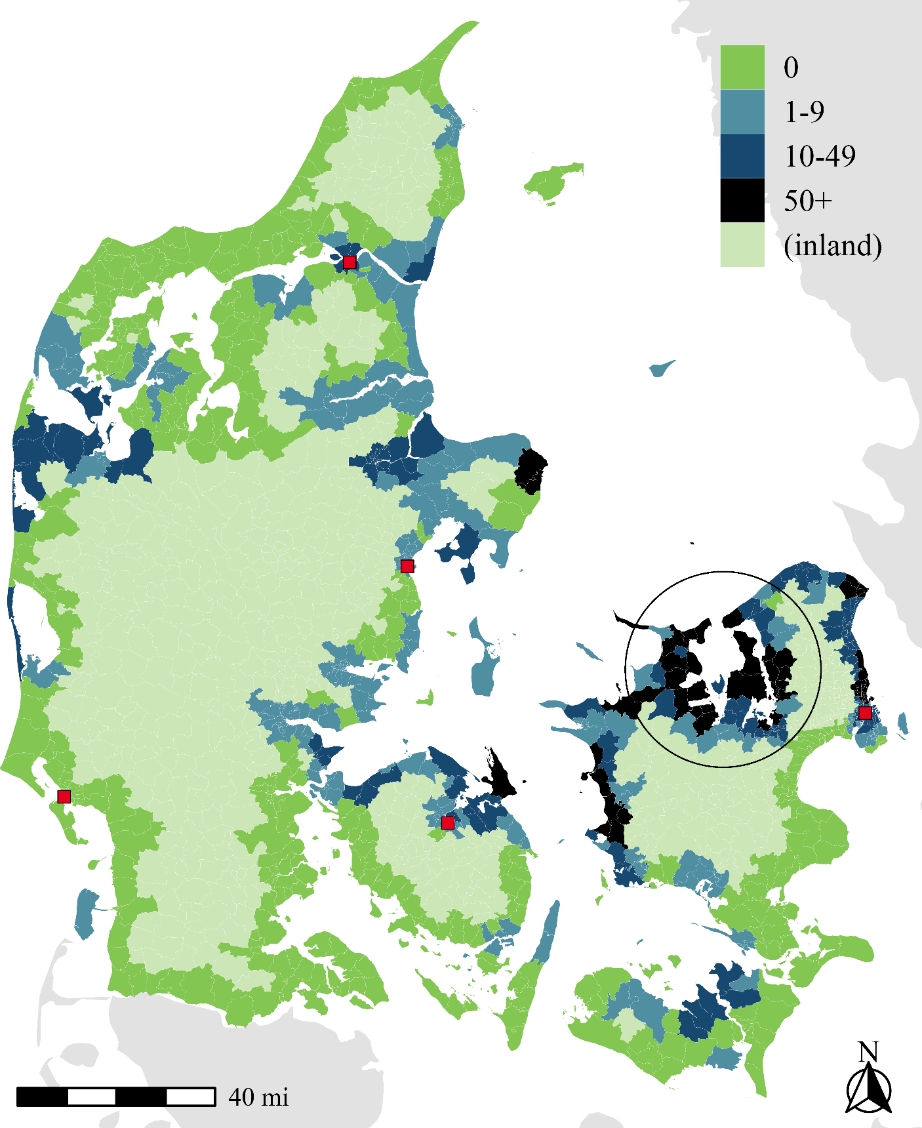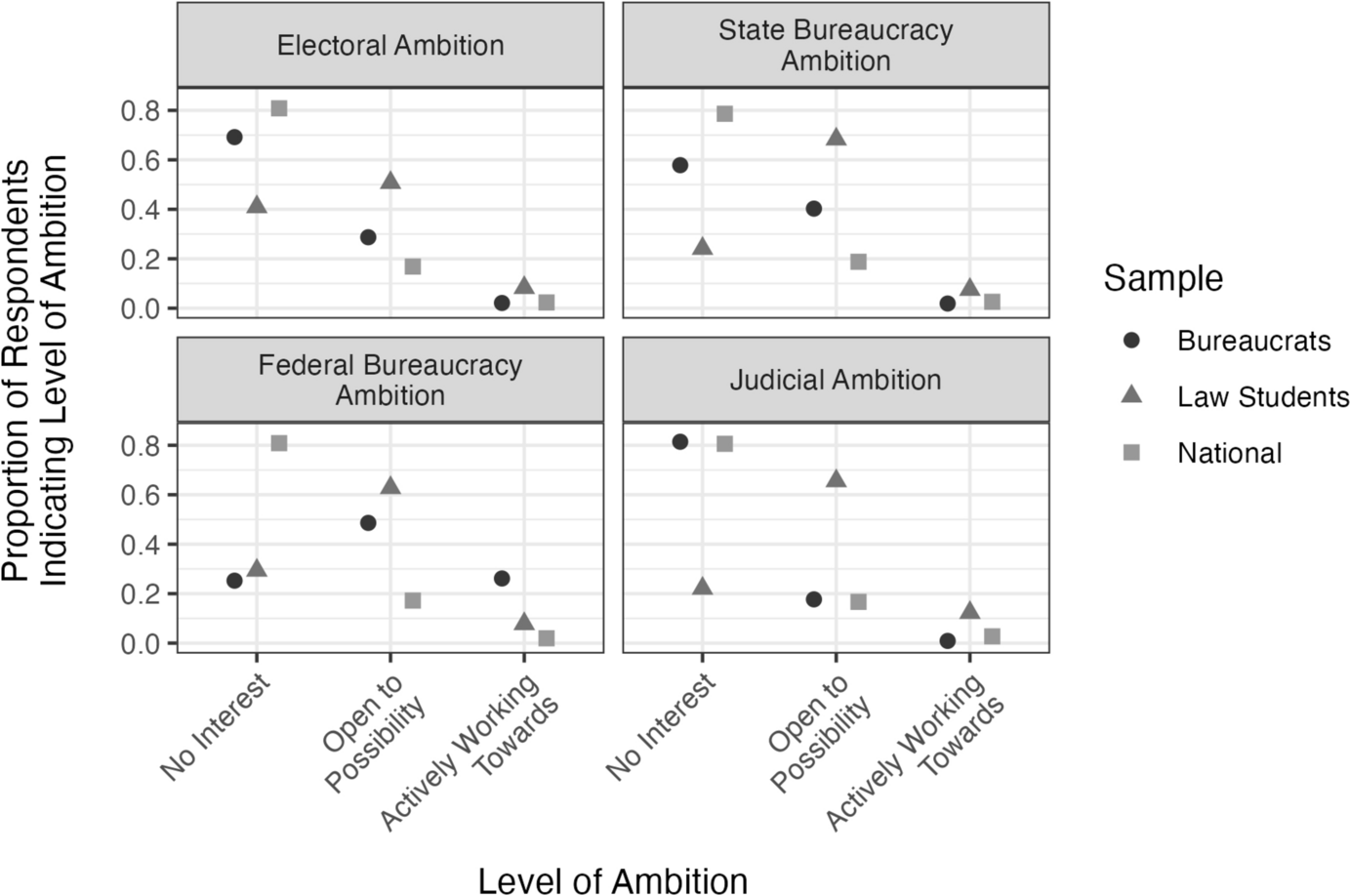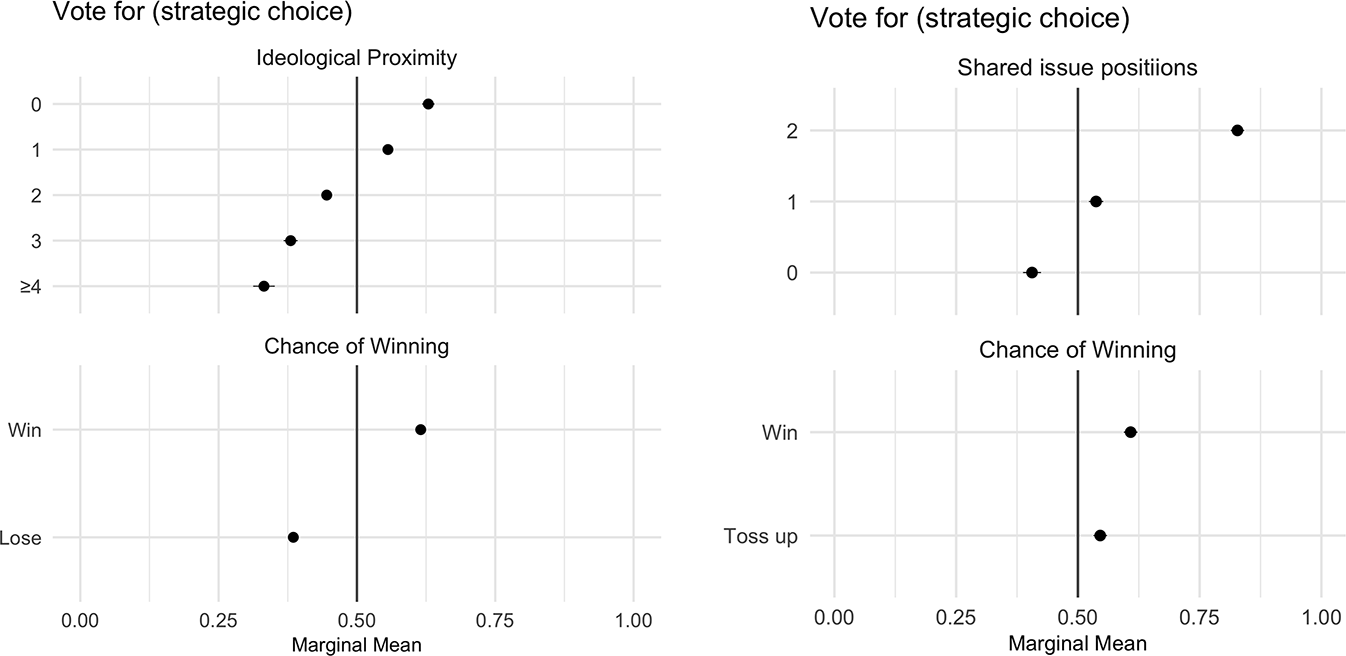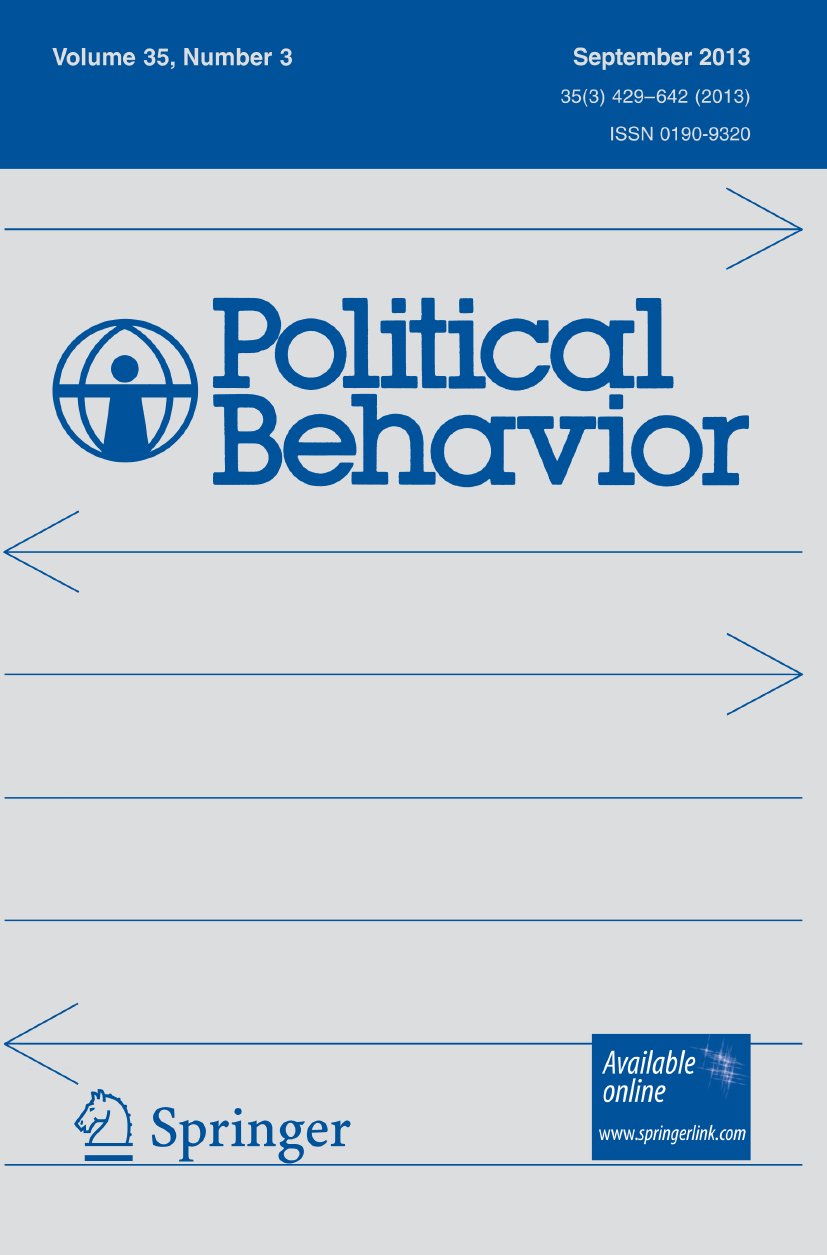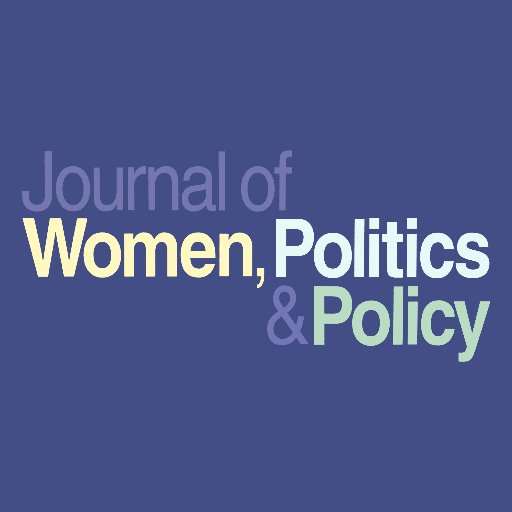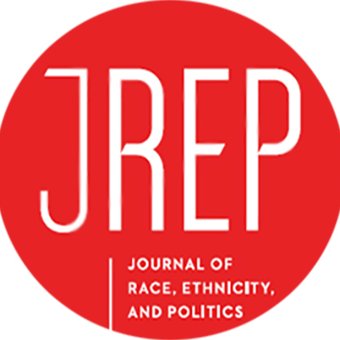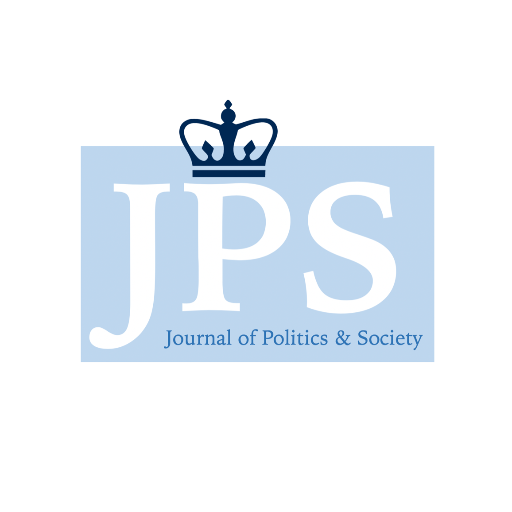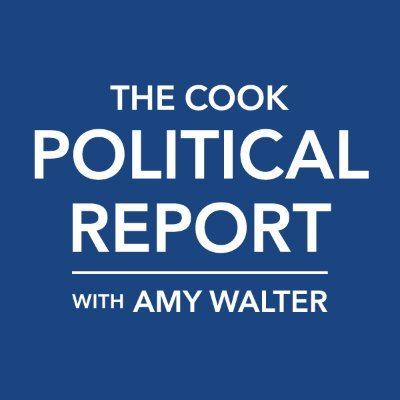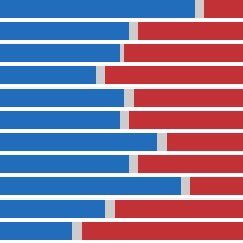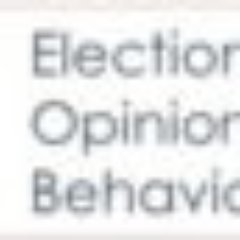
Political Behavior
@PolBehavior
An interdisciplinary journal associated with the @epovb section of @APSAtweets. Edited by Chris Karpowitz & Jessica Preece, @BYU
You might like
Leaving a legacy? Darr & Harman find that Americans who move away from local newspapers lose faith in elections, but not in democracy itself. Declining local news may erode electoral trust. #PoliticalBehavior #MediaEffects Read more: link.springer.com/article/10.100…
Can seeing the “other side” differently heal division? Myers & Hvidsten find that meeting counter-stereotypical partisans reduces bias and improves feelings toward the out-party. #PoliticalBehavior #AffectivePolarization Read more: link.springer.com/article/10.100…
Do fans make poor referees? ⚖️ Claassen, Ensley & Ryan find that when judging election tactics, partisans care more about who benefits than what’s fair. Independents? More neutral—but quieter critics. #PoliticalBehavior #ElectionIntegrity Read more: link.springer.com/article/10.100…
When do strong attitudes turn dangerous? Clifford & Lothamer show that intense policy opposition, not partisanship, channels aggressive personalities toward supporting political violence. #AmericanPolitics Read more: link.springer.com/article/10.100…
Do ethnic minority interest parties grow through programs, or people? Schaaf, Otjes & Spierings show that DENK’s support in the Netherlands stems mainly from personal & religious networks, while online ties matter less. #ComparativePolitics Read more: link.springer.com/article/10.100…
Is nostalgia for authoritarian rule just history, or political behavior? Kim-Leffingwell shows that in South Korea & Taiwan, authoritarian nostalgia fosters group sentiment & attachment to successors, shaping voter behavior. #ComparativePolitics Read more: link.springer.com/article/10.100…
Is support for “states’ rights” really about federalism, or partisanship? Doherty, Touchton & Lyons show views on devolving policy to states hinge on elite cues & which party controls the legislature. #AmericanPolitics Read more: link.springer.com/article/10.100…
How do independents talk politics? Eveland & Gee show that while partisans & true independents have similar discussion frequency & network size, their networks differ in partisan composition, shaping democratic diversity. #PoliticalBehavior Read more: link.springer.com/article/10.100…
Can local climate disasters shift voting behavior? Damsbo-Svendsen finds severe flooding in Denmark boosts support for pro-climate parties & candidates, evidence that personal experience with climate risks raises issue salience. #ClimatePolitics Read more: link.springer.com/article/10.100…
Can media stories about immigrant success shift public opinion? Unan shows German coverage of BioNTech’s Turkish-German founders boosted support for easing immigration, evidence that positive exposure can reshape perceptions. #Immigration Read more: link.springer.com/article/10.100…
Do local politicians know their constituents’ views, or just happen to align with them? Lucas, Sheffer & Loewen show congruence and perceptual accuracy are intertwined pathways to substantive representation in Canada. #Representation Read more: link.springer.com/article/10.100…
Public service motivation isn’t just about bureaucrats. Hassell, Hollibaugh & Miles show it also predicts ambition for elected, judicial & high-level public sector roles. APM transcends institutions in shaping public service goals. #PolSci Read more: link.springer.com/article/10.100…
Chan & Leung find anti-Asian attitudes were not linked to Republican voting before 2016, but became strongly associated with Trump support in 2020 after COVID-era rhetoric. #Elections #RaceAndPolitics Read more: link.springer.com/article/10.100…
Russia’s invasion was expected to centralize EU defense, echoing Tilly’s state-formation logic. But Moise, Truchlewski & Oana show public preferences lean Milward—threats strengthen national coordination, not EU centralization. #Security Read more: link.springer.com/article/10.100…
Big data meets democracy: Harada, Ito & Smith show how cell-phone mobility data tracks voter turnout. By mapping GPS near polling stations, they uncover how distance shapes the cost of voting. #Elections #VoterTurnout Read more: link.springer.com/article/10.100…
Negative partisanship reshapes primaries. Albert & Costa show voters who strongly dislike the other side prioritize electability over representation—trading ideological fit for candidates they believe can win. #Elections #NegativePartisanship Read more: link.springer.com/article/10.100…
Rural hospital closures reshape politics as much as health care. Shepherd finds voters in communities losing hospitals shifted Republican, even though closures were more common in GOP-led states without Medicaid expansion. #HealthPolitics Read more: link.springer.com/article/10.100…
Peer socialization in elite business schools may not drive political attitudes. Lindskog, Gustafsson & Voytiv show that changes reflect self-selection more than cohort influence, with Covid disruptions underscoring the limits of socialization. Read more: link.springer.com/article/10.100…
Editorial Expression of Concern: Reframing Gendered Issues: Intersectional Identity Frames and Policy Agenda link.springer.com/article/10.100…
Kopacheva shows protest in semi-authoritarian Russia is not just about exposure to info. Network position matters: brokers in low-density, high-closure networks mobilize more, while central nodes participate less. #ProtestPolitics Read more: link.springer.com/article/10.100…
United States Trends
- 1. Good Sunday 57.3K posts
- 2. #sundayvibes 5,205 posts
- 3. #AskFFT N/A
- 4. #AskBetr N/A
- 5. Mason Taylor N/A
- 6. #NationalFarmersDay N/A
- 7. Miary Zo 1,854 posts
- 8. Muhammad Qasim 15.2K posts
- 9. Discussing Web3 N/A
- 10. KenPom N/A
- 11. Wordle 1,576 X N/A
- 12. #HealingFromMozambique 20.7K posts
- 13. Biden FBI 20.7K posts
- 14. Trump's FBI 13.6K posts
- 15. The CDC 32.7K posts
- 16. NFL Sunday 5,386 posts
- 17. Bourne 1,454 posts
- 18. Blessed Sunday 18.6K posts
- 19. Coco 47.5K posts
- 20. Danny Wolf N/A
You might like
-
 Political Analysis
Political Analysis
@polanalysis -
 Political Research Quarterly
Political Research Quarterly
@PRQjournal -
 AJPS
AJPS
@AJPS_Editor -
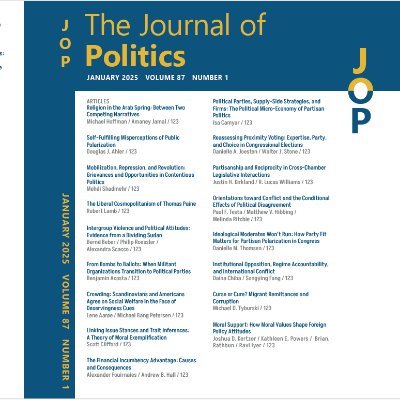 Journal of Politics @[email protected]
Journal of Politics @[email protected]
@The_JOP -
 PSRM Journal
PSRM Journal
@PSRMJournal -
 British Jnl Poli Sci
British Jnl Poli Sci
@BJPolS -
 Perspectives on Politics
Perspectives on Politics
@PoPpublicsphere -
 Western Political Science Association - #WPSA26
Western Political Science Association - #WPSA26
@theWPSA -
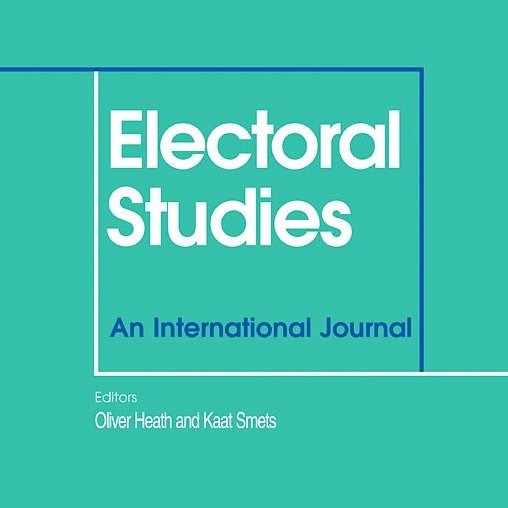 Electoral Studies
Electoral Studies
@ElectoralStdies -
 MPSA
MPSA
@MPSAnet -
 European Political Science Review
European Political Science Review
@EPSRjournal -
 APSA
APSA
@APSAtweets -
 Political Methodology
Political Methodology
@PolMethSociety -
 EJPR journal
EJPR journal
@EJPRjournal -
 SPSA
SPSA
@SPSAnews
Something went wrong.
Something went wrong.
















